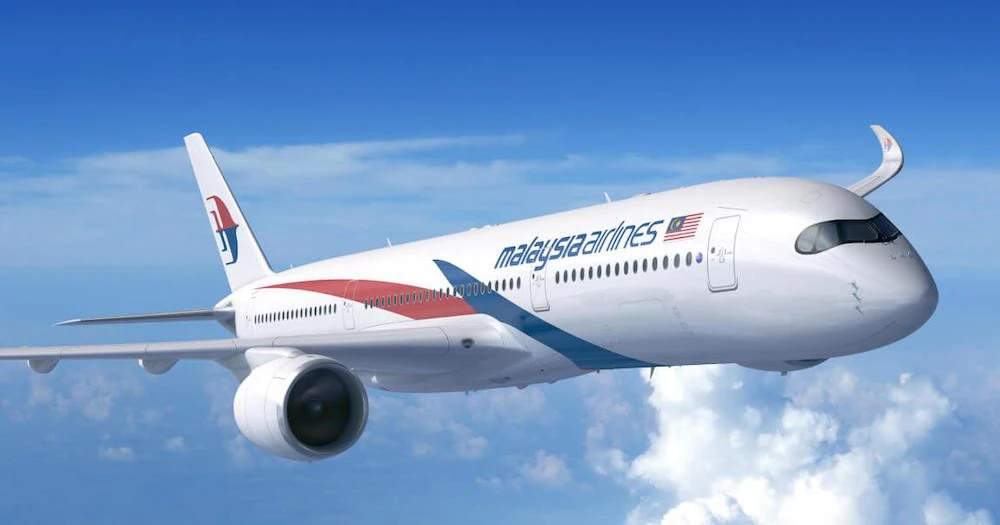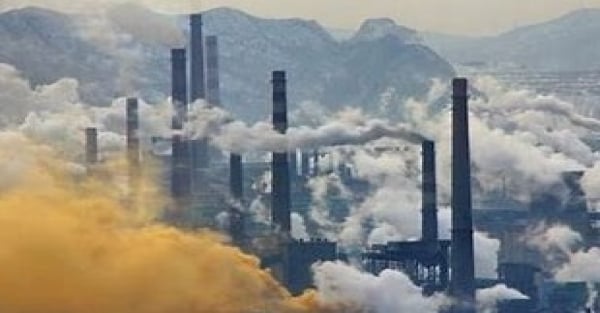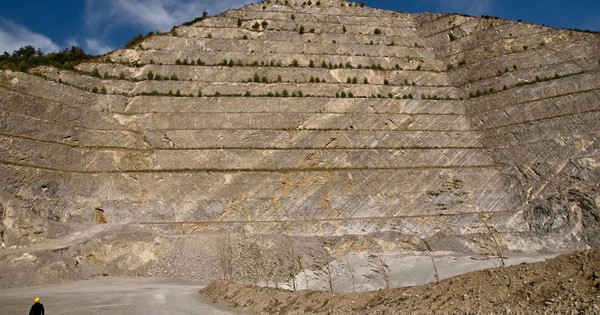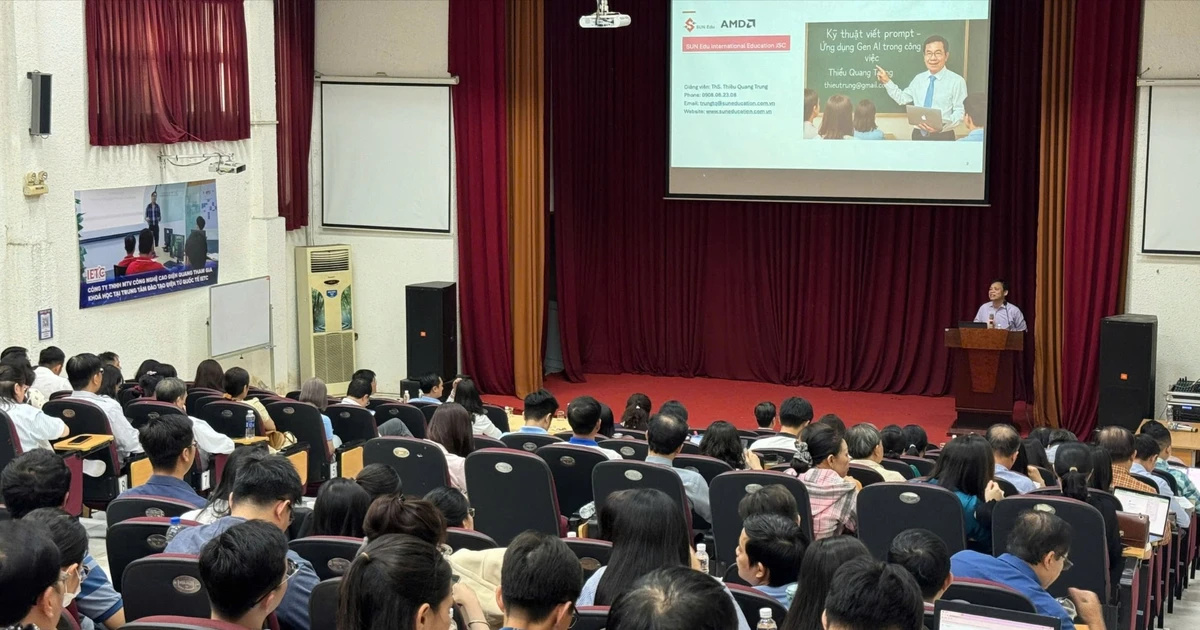A carbon tax is seen as a good strategy to reduce Malaysia's overall carbon emissions by 2050, as well as being able to support the national target of reducing greenhouse gas emissions by 45% based on Gross Domestic Product (GDP) by 2030.

Malaysia is now preparing for the “Blue Skies” program when the carbon tax on airlines will come into effect immediately after the necessary assessment by the Malaysian Aviation Authority (MAVCOM). Malaysian Transport Minister Anthony Loke stressed that the carbon tax applied by airlines is to offset their carbon emissions, which is also an international obligation for all airlines to contribute to the Carbon Offsetting and Reduction Scheme for International Aviation (CORSIA). The carbon tax mechanism will be in line with the national plan for a low carbon 2040 aspiration as the target of the national energy policy.
Denmark, Sweden, South Africa and the Netherlands are among the countries that have already introduced carbon taxes on passengers. According to the International Air Transport Association (IATA), the tax rates that some airlines charge depend on the distance of the flight. As the distance increases, so does the tax, and the rates vary from country to country. For example, for international flights, Norway charges all passengers $29.70, while Portugal charges $2.20 for domestic and international flights. Singapore plans to introduce a green fuel tax on flights starting in 2026.
Airlines can use the tax to buy sustainable aviation fuel (SAF) or pay credits to offset their carbon emissions, according to Dr Mohd Harridon Mohamed Suffian, an aerospace technology economist at the Kuala Lumpur Institute of Aviation in Malaysia. The carbon tax will encourage airlines to increase their use of SAF. However, there are concerns that airlines may add the cost of emissions to ticket prices to ease the financial burden. This is a concern for consumers because air travel is an important mode of transportation for both leisure and business. In addition, the cost of buying new aircraft, which are more fuel-efficient but more expensive, is expected to be gradually passed on to ticket prices by airlines.
SAF is globally recognized as the most viable option to reduce aviation emissions in the future. According to economic experts, it is also another way for Malaysia to develop its related industry. The development of SAF requires efforts in converting biomass into usable aviation fuel, including technology development and application, specialized human resources and centralized plant development. This benefits the country as it will create more job opportunities in the sector, enhance economic stature and technology transfer as it is more optimal to develop Malaysia’s own SAF, instead of importing from other countries.
According to recent IATA data, global SAF production has tripled to 600 million litres from 300 million litres in 2022, accounting for 0.2% of global jet fuel use in 2023. The aviation industry is expected to meet the Paris Agreement goals of limiting global warming to below 20C under IATA's 2050 emissions reduction target.
SOUTH
Source






![[Photo] "Beauties" participate in the parade rehearsal at Bien Hoa airport](https://vstatic.vietnam.vn/vietnam/resource/IMAGE/2025/4/11/155502af3384431e918de0e2e585d13a)










































































![[VIDEO] - Tam Ky in the season of white trumpet flowers through sketches](https://vstatic.vietnam.vn/vietnam/resource/IMAGE/2025/4/12/6364ee7bf6ef49269d215280697e1f12)














Comment (0)